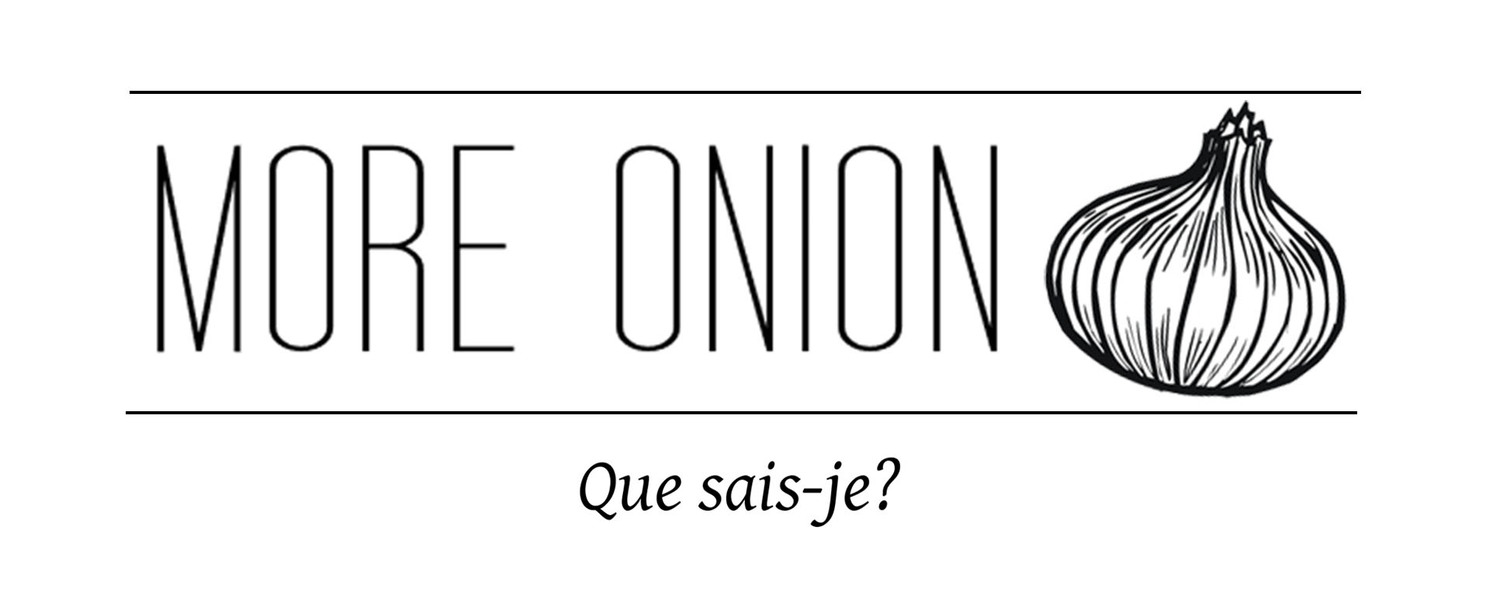Books of February 2017
In February I read:
The Simple Path to Wealth: Your Roadmap to Financial Independence and a Rich Free Life
- J L Collins
Pretty good book. This book comes from his blog, which comes from a series of letters he wrote to his daughter about investing advice. I like the way he presents the material, and it's written in a simple and engaging way (I read the book in an afternoon + an evening). I thought the chunks on what to invest specifically (VTSAX) and the bits on retirement funds, tax brackets, HSAs, and social securities were particularly helpful. I found afterwards I had a pretty good understanding of IRAs and corporate retirement plans (or at least for me personally), which is pretty useful info. It was already kind of a short read, but I think the beginning and the end could've been shortened a lot; he repeats himself quite often. Really the first and last parts of the book can be condensed into buy index funds, and buy Vanguard.
A good read if you're interested learning more about a simple and popular investing strategy, or if you just want to learn some useful stuff about managing your money. A lot of the material is also already on his great blog.
Godel Escher Bach: An Eternal Golden Braid - Douglas Hofstadter
This book is a gem written by a genius and everyone should read it. I share my thoughts on the book here.
Monster - Naoki Urasawa
Sooooo good. I read 20th Century Boys by the same author a year ago and it blew me away. I read the entire manga in 2-3 days, everyday until 5 am, and had vivid dreams of Friend. Monster was kind of a similar experience. Monster & 20th Century Boys are both really famous works, and they are both rightfully regarded as classics, sitting at the top of many people's best manga ever lists.
The art is decent but not amazing; the main strength lies in the exposition & the characters. The twists are actually surprising and the story is seriously gripping, one of the best psychological thrillers I've ever read (novel or manga or otherwise). The characters are also really really great. There are only two main protagonists, so most of the characters come and go, but all of them are important to the story and serve to further develop the plot. Despite their short appearances (so many people die...), in 1-2 chapters Urasawa can make you genuinely care about his side characters, and he does a great job of showing the good and the bad of people, and the nuances in between. Each character has a motivating back story, and very few characters are easily bucketed as good or bad. I liked the manga a lot; if you're in the mood for a darker read with a great story and great cast then definitely give it a read.
The Arabs, A History - Eugene Rogan
A few weeks ago I asked for recommendations on books on the Middle East, since I wanted to learn more about that region. All I knew before reading this book came from spotty MUN research and some random bits and pieces of information, so I was hoping to start with a comprehensive book on the history of the Middle East and the Arab world to build a good base to read other books. A lot of people suggested The Arabs by Rogan, also used in Khalidi's class.
I really really really enjoyed this book. Starting from the Ottoman control over the Arabs, Rogan explores modernization and reform, Arab bids for independence, colonialism and its challenges, the two world wars, Arab nationalism and its decline, oil, Islam, the Cold War, and the tumultuous early 2000s. The book was pretty dense, and had a lot of information (as can be expected by a compact volume of Arab history), but was always very easy to read. It was never boring, and I really liked the way he organized his book. Although mostly chronological, every chapter is organized by a theme, such as The Rise of Arab Nationalism or The Power of Oil, and Rogan discusses several Arab nations in relation to that theme. Every section is also closely related to its predecessor and its successor, showing how the Arab nations and the world at large changes and develops. I also particularly liked how he uses a broad range of primary sources to enrich his stories, giving them a personal element and giving us an insight into Arab thoughts and beliefs.
My only gripe with the book, and it is more a gripe with myself, is that it is difficult to trace the history of any particular nation. I found myself rereading chunks of the book and flipping back a lot to recall a name or previous events that happened in the country. It was only when I skimmed the book again after I finished it that I was better able to remember what happened in specific countries (I kept forgetting who Amir Faysal was and who invaded who in the Iran-Iraq War). I had to read parts of chapters over and over again to remember what happened in Lebanon.
This is a very thoughtful, educational book. Although at times it is very frustrating to read, and is not a particularly happy story, The Arabs is a wonderfully eloquent history of the Modern Arab world.




